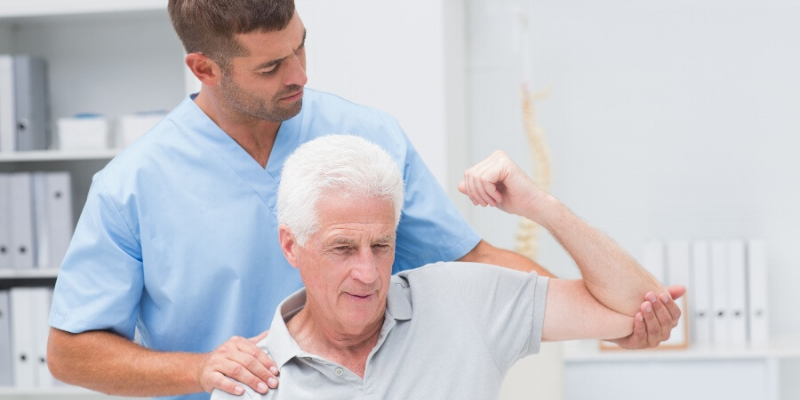Tips to Help You Recover From Surgery

If you’ve had or are about to have surgery, make the recovery process as easy on yourself as possible. Moving some areas of the body too much or too little can set back your recovery process, so set yourself up for success by thinking about your post-surgery lifestyle and how you can make sure you have the products you need to heal well.
1. Adopt a Post-Surgery Diet
When you don’t feel the best, all you want to eat are comfort foods. Unfortunately, comfort foods aren’t always the most healthy, particularly for a body in recovery. Eat foods that promote healing. These are foods that contain protein, dark leafy greens, fibrous grains and dairy products. These types of nutritious foods help your body to grow new tissues and keep it strong enough to heal.
2. Walk Carefully
It’s okay to have assistance. In fact, it shows that you know how to take care of yourself and are eager to get better. If you have had a surgery where you need some assistance walking, a cane might be a good choice for you. Many people like our Aluminum canes and also add the flashlight accessory to help with middle-of-the-night walks to the bathroom. If a cane doesn’t provide enough support, you may want to consider a wheeled rollator or a wheelchair.
3. Don’t Overextend
If you don’t have someone in the room to hand you something that you need, you may want to consider a reacher. A reacher is a fantastic tool to grab things too low, high or far away. If you have had upper extremity surgery, these can be particularly helpful for dressing.
4. Remember Medications
You have a lot to consider when recovering, but one thing you have to remember to stay on top of is medications. Staying on top of your dosages will help you to heal with less pain. You may want to invest in a pill organizer if you find yourself confused about which medications to take at which times.
5. Take Care of the Wound
Your wound may not be enjoyable to look at, but it’s important to keep an eye on how well it is healing and if you spot any signs of infection. This usually needs to be done twice a day. Because it’s done so often, you will want to make sure you have enough materials. Items like gauze bandages and sponges will get used often.
6. Prepare for Pain Management
Be ready for some swelling at the surgical site. A cold pack will help to bring the swelling down. Do not apply for long periods of time.
7. Hug a Pillow
If your surgery involved the abdominal area, it is going to hurt when you cough or sneeze. To help with this pain, it’s important to know how to cough and sneeze. You should hug a pillow as you do it, so there isn’t as much pressure on the stomach. This pillow will not only be a good size for this but will also help provide comfort as you recover in bed.
8. Think About Sleep
In order to sleep well, you may need to try some different positions that won’t put pressure on the recovering areas. A wedge is a useful tool for this. You may also want to sleep in a recliner if you find a bed is not comfortable.
9. Stay Hydrated
Water is so important for flushing out toxins and your overall health. It will be difficult for your body to repair itself if it is dehydrated.
10. Be Positive
It can be tough to stay positive when you are in pain and homebound for recovery. Stay positive and applaud yourself for each step of progress. You’re doing great.
When you’re making your recovery from surgery, don’t hesitate to call CarePro for help. Whether it’s for assistive products to keep you moving, or a service to keep you comfortable, we’ve got you covered.

0 comments